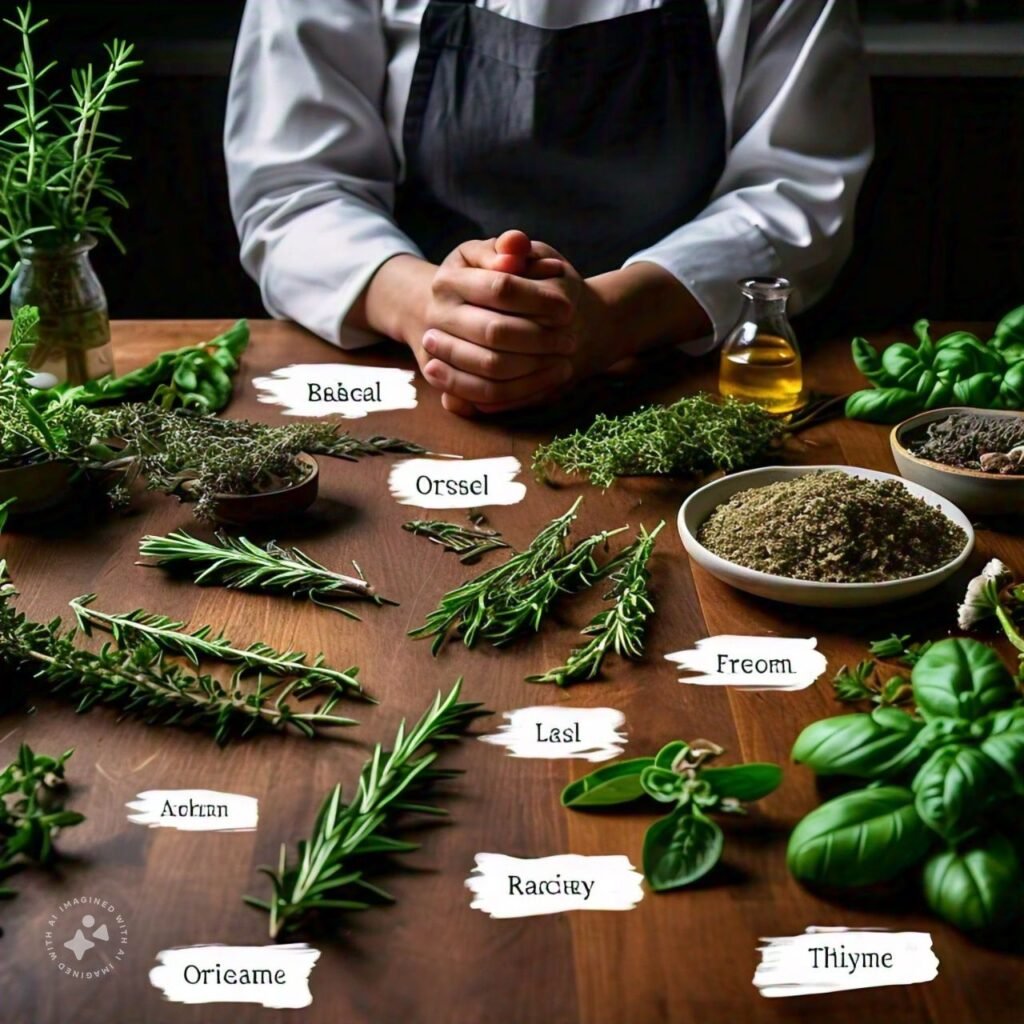Herbs have long been celebrated not only for their ability to enhance the flavor of our dishes but also for their numerous health benefits. From basil to rosemary, these plants can transform a simple meal into a culinary masterpiece while also supporting our well-being. Let’s dive into some common culinary herbs, their health advantages, and how to incorporate them into your cooking.
The Power of Fresh Herbs
Using fresh herbs in your cooking is a fantastic way to add vibrant flavors without relying on salt or sugar. These leafy wonders are packed with vitamins, minerals, and antioxidants. For instance, basil is rich in vitamin K, which is essential for supporting bone health, while parsley contains high levels of vitamin C and iron. Adding herbs to your dishes not only elevates the taste but also boosts the nutritional content. Incorporating products like Cellsentials, multivitamins which support general health maintenance and well-being, can further maintain your overall health when combined with a balanced diet rich in herbs.
Basil: More Than Just a Pizza Topping
Basil is perhaps one of the most well-known herbs, particularly in Italian cuisine. However, its benefits extend beyond flavoring pasta and pizzas. Basil is packed with antioxidants.
How to Use Basil
Fresh basil works wonders in salads, sauces, and marinades. Simply chop it and mix it into a vinaigrette for a refreshing salad dressing. You can also toss it into pasta dishes or use it to enhance the flavor of roasted vegetables. For a delightful treat, try making a basil pesto by blending fresh basil, garlic, nuts, Parmesan cheese, and olive oil.
Rosemary: The Herb
Rosemary is not just a fragrant addition to your meals; it has been traditionally associated with maintaining cognitive functions.
How to Use Rosemary
Rosemary pairs beautifully with roasted meats and vegetables. Try seasoning your chicken or lamb with fresh rosemary before grilling or roasting. You can also infuse olive oil with rosemary to create a flavorful drizzle for bread or salads. A simple herb-infused oil can elevate your dishes while providing a delightful aroma.
Cilantro: A Flavorful Detoxifier
Cilantro, also known as coriander, has a distinct flavor that some people adore while others find polarizing. However, its health benefits are universally appreciated. Cilantro is known for its ability to support the body as it detoxifies heavy metals from the body, making it a great addition to a healthy diet. It also contains powerful antioxidants that can support overall health.
How to Use Cilantro
Cilantro is a staple in many cuisines, particularly in Mexican and Asian dishes. Chop it finely and sprinkle it over tacos, soups, or salads to add a burst of freshness. You can also blend cilantro into smoothies for an unexpected twist. For a refreshing summer dish, try making a cilantro-lime dressing to drizzle over grilled fish or chicken.
Thyme: A Culinary and Medicinal Herb
Thyme is a versatile herb often used in Mediterranean cooking. Beyond its culinary uses, thyme is known for its antiseptic properties and has been used to treat respiratory issues. It contains thymol, a compound that can help the body fight infections and support immunity.
How to Use Thyme
Thyme can be used fresh or dried and is perfect for seasoning meats, soups, and stews. Add it to marinades or sprinkle it on roasted vegetables for a delicious flavor support. You can even steep fresh thyme in hot water to create a soothing herbal tea that can aid digestion and respiratory health.
Mint: A Breath of Fresh Air
Mint is not only refreshing but also supports various health benefits. The cooling effect of mint can be invigorating, making it a popular choice for both culinary and medicinal purposes.
How to Use Mint
Mint is incredibly versatile and can be used in sweet and savory dishes. Add fresh mint to fruit salads or smoothies for a refreshing touch. You can also muddle mint leaves in cocktails or infuse them into water for a revitalizing drink. Don’t hesitate to include mint in your savory dishes; it pairs well with lamb and other meats.
Embrace the Green Goodness
Incorporating herbs into your cooking can enhance not only the flavors of your meals but also their nutritional value. From basil’s antioxidant properties to rosemary’s cognitive benefits, these culinary delights offer a wealth of health advantages. So, the next time you’re preparing a meal, consider adding a handful of fresh herbs. Not only will you elevate your dishes, but you’ll also contribute positively to your health. Embrace the green goodness and explore the vast world of culinary herbs; your taste buds and your body will thank you!
